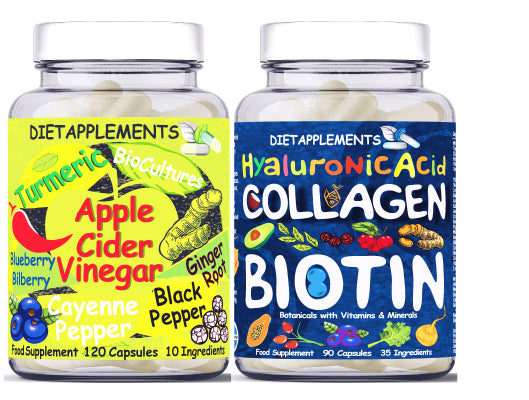Click here to explore our formulas with Vitamin C
Vitamin C (ascorbic acid) is a water-soluble vitamin that plays a crucial role in various bodily functions. It is an essential nutrient, meaning that the body cannot produce it on its own, and it must be obtained through diet or supplements. Vitamin C is found in many fruits and vegetables, particularly citrus fruits like oranges, strawberries, and kiwi, as well as in vegetables such as bell peppers and broccoli.
Key functions of vitamin C include:
-
Antioxidant Properties: Vitamin C is a powerful antioxidant that helps protect cells from damage caused by free radicals. Free radicals are unstable molecules produced during normal metabolic processes and in response to factors like pollution and tobacco smoke.
-
Collagen Synthesis: Vitamin C is crucial for the synthesis of collagen, a protein that provides structure to the skin, bones, blood vessels, and other tissues. It plays a key role in wound healing and maintaining the health of connective tissues.
-
Immune System Support: Vitamin C is known for its role in supporting the immune system. It helps stimulate the production and function of white blood cells, which play a vital role in the body's defense against infections.
-
Iron Absorption: Vitamin C enhances the absorption of non-heme iron (the type of iron found in plant-based foods) from the digestive tract, which is important for individuals who rely on plant-based sources of iron.
-
Neurotransmitter Synthesis: Vitamin C is involved in the synthesis of neurotransmitters, such as serotonin and norepinephrine, which play a role in mood regulation.
















